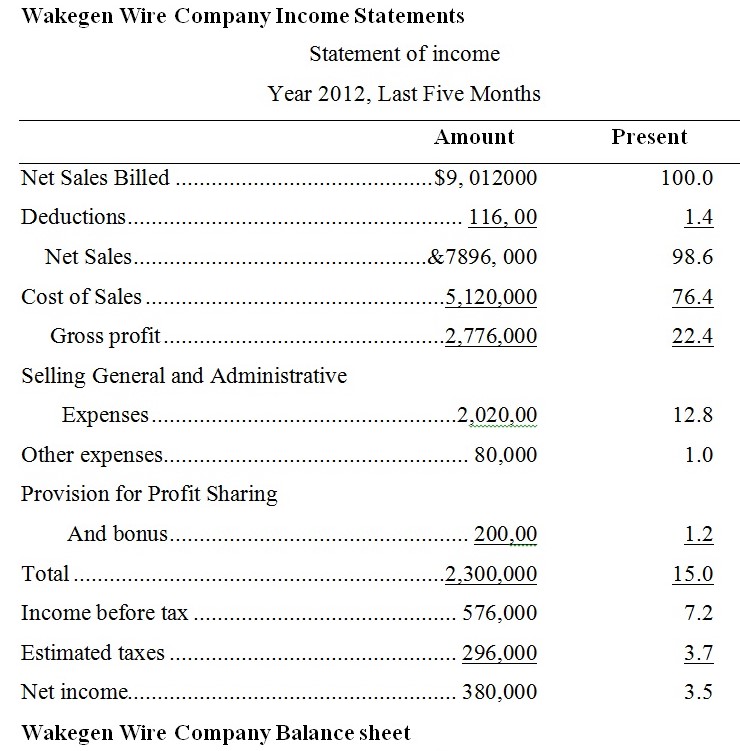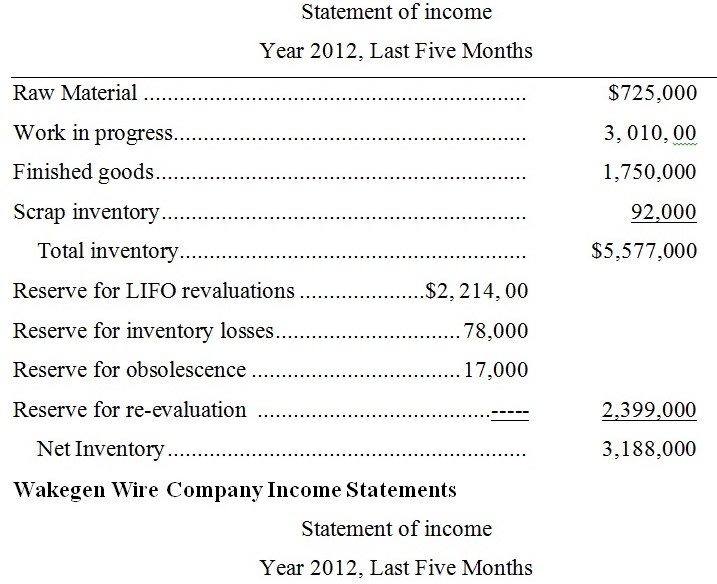Introduction
Any organization that engages in the trade of goods and services with its clients is referred to as a business organization (Sullivan et al, 14).
In any business setup, reports are generated to show the performance in a given area. Different types of reports are created for different purposes. An executive summary report is a short report that summarizes other longer reports but it is more detailed than an abstract (Gliner et al, 28). An executive summary report contains a summarized problem specification, some background information, analyses, and conclusions. An executive summary may contain analyses from more than one report. Usually, some managers and non-technical people may not have time to go through the main reports. Executive summary reports should then be generalized and summarized in such a way that the significant areas of the main reports are captured well. The management of different organizations use executive reports to help them make important decisions in their organizations and these decisions are the most important tools of business plans (Pinson, 46). A look at a company’s overview, industry overview, assumptions, analyses, recommendations, and conclusions highlights the key aspects of an executive summary.
Company overview
Wakegen Wire Company is an American Company whose main business is in the manufacturing of copper wire. Its head office is based in Illinois. It has several manufacturing plants in other states in the United States of America including North Chicago and South Carolina. The company’s warehouses are spread all over the country.
Copper rod is the company’s main raw material as it is used to make wires.
The company’s main suppliers of copper rods are the copper refining and smelting companies. The company’s target clients are mostly industrial consumers who mainly deal with the manufacturing of electrical motors, power cables, computers, and musical instruments. The company is fully involved in developing new products and selling of the products though the profits accrued are quite low.
Industry Overview
From the National Bureau of Statistics, there are over 350 companies that deal with copper production. Shipments made this year indicate that there is 20% growth in copper production from the previous year. This translates to close to $6.5 billion in revenue. Over the past 10 years, the annual growth rate has been 0.2% in imports, 5% in employment, and 4% in exports. The use per capita of copper wires and cables has risen to 60% in the past 10 years.
Technological advancement in the communication industry is likely to push the demand for copper wires and cables higher especially in telephone communications and computer networks. Most telephone communication cables are made of copper. With the invention of computer networks, copper cables will be made relatively cheap as compared to fiber optic cables. This indicates a very bright future for the industry (Sullivan et al, 4).There is a likelihood that competition among different kinds of raw materials is likely to intensify as aluminum may dominate in the production of power cables. Analysts indicate that the use of copper will continue to predominantly remain high as new uses continue to be invented now and then. Copper cladding is one of the inventions where by other metals for example steel and aluminum are coated with copper.
Assumptions and Analyses
The Wakegen Wire Company has invested heavily in personnel resources. The working conditions are good for an industrial plant though the working environment is usually very noisy. The workers’ benefits are satisfactory compared to workers in other copper manufacturing plants of the same level with Wakegen Wire Company. On job training is frequent. There are no adequate measures put in place to gauge the efficiency of on job training by the company. There seems to be so many departments in the company. Each department has a manager. This number of managers is too high. The employee turnover has been very high in the recent past. There are various organizational problems that exist in the Wakegen Wire Company. Communication across organizational levels is not very good. Operational issues are not resolved at the lowest managerial levels. Sometimes managers are not willing to work out problems on their own. Workers have a tendency of taking matters up to the highest level. This shows that the managers’ confidence is low.
Recommendations
A research and a development department are ideal for this company. The two additional departments will help the company to create new innovations. The innovations will help in product modification and specification (Samuelson, 45).Organizational restructuring is important for this company. These should mostly be based on organizational hierarchy and work flow. Interdepartmental communication can also be improved. Matters can be tackled within their own departments. Staff training should be improved. On job training should be well coordinated and regulated. Methods of uplifting the workers’ morale and improve workers’ motivation should be defined. High worker turnover is quite costly for any organization. The cause of high worker turnover should be investigated and adequate measures put in place to ensure that it is minimized.


Conclusions
For a company to realize its mission and vision, an evaluation summary report is important (Kotter and Dan, 34). Through the executive summary report, the company should be able to recognize its current position and forecast on its future position. The company should be able to know the measures to be taken to attain the desired future position.
Works Cited
Gliner et al. Research methods in applied settings ,New York, USA: John Wiley & Sons, 2000. Print.
Kotter, John and Dan, Cohen. The Heart of Change, Boston: Harvard Business School Publishing, 2002. Print.
Pinson, Linda. Anatomy of a Business Plan: A Step-by-Step Guide to Building a Business and Securing Your Company’s Future (6th Edition), New York, USA: Pearson Prentice Hall, 2000. Print.
Samuelson, Paul. Foundations of Economic Analysis, Enlarged Edition, Boston: Harvard University Press, 1983. Print.
Sullivan et al.Economics: Principles in Action, New Jersey, USA: Pearson Prentice Hall, 2003. Print.